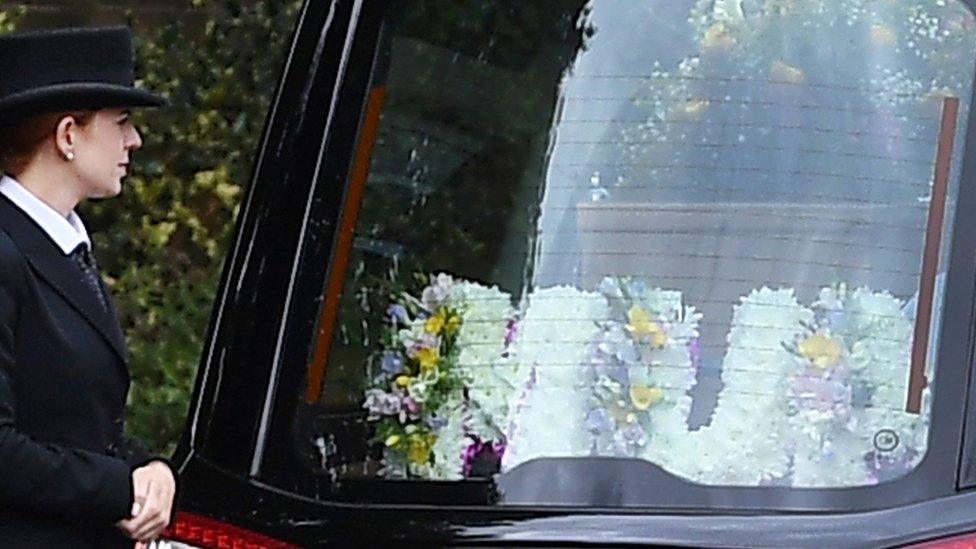Scope of Novichok victim's inquest 'must be reconsidered'
- Published
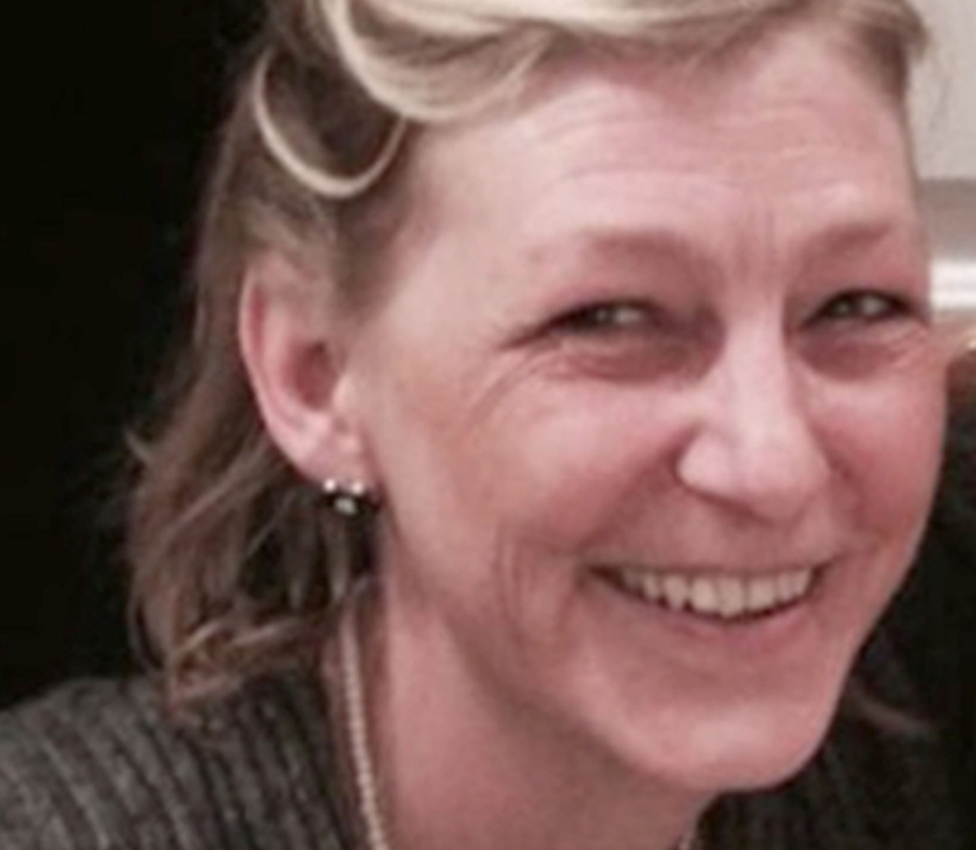
Dawn Sturgess's relatives said the coroner's decision to limit the inquest's scope was wrong
A coroner wrongly narrowed the scope of an inquest into the death of the only victim of the Salisbury Novichok poisonings, the High Court has ruled.
Dawn Sturgess's relatives challenged the decision that the inquest would not examine the Kremlin's alleged role.
Ms Sturgess died in July 2018 following the poisoning of former MI6 agent Sergei Skripal and his daughter, Yulia.
Judges have ordered the Wiltshire coroner to reconsider the parameters of the inquest.
Ms Sturgess, 44, unknowingly sprayed herself with the nerve agent, contained in a bottle, that she believed to contain perfume.
She died in hospital in Salisbury, Wiltshire, after collapsing at her partner Charlie Rowley's home in Amesbury.
The bottle is believed to have been discarded by two Russian military officers who set out to kill Mr Skripal.
The senior coroner for Wiltshire, David Ridley, previously said he would consider the actions of the two Russians.
He ruled out investigating whether other members of the Russian state were also responsible or where the Novichok had come from.
Lord Justice Bean and Mr Justice Lewis said that while the coroner was banned in law from concluding who was criminally responsible for Ms Sturgess's death, it did not prevent him from investigating links back to the Russian state.
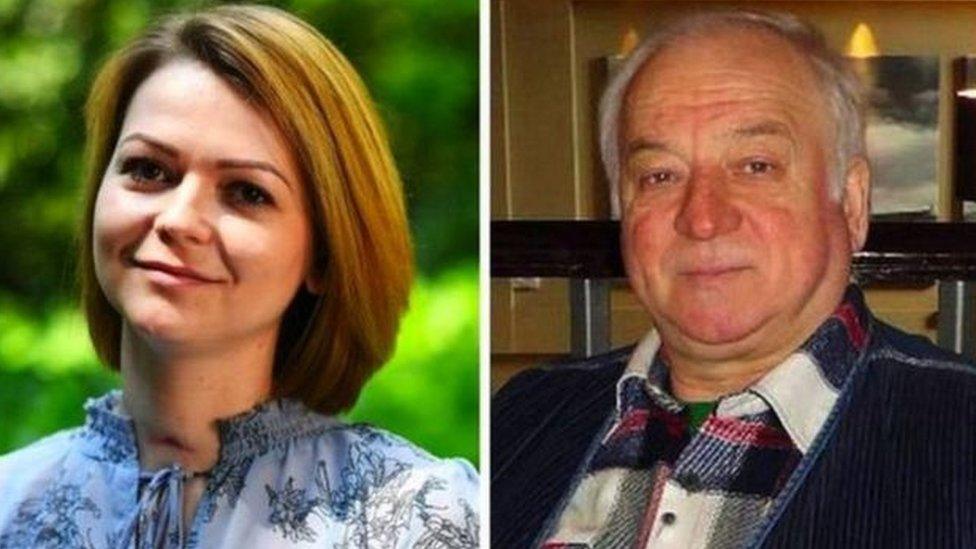
Sergei Skripal and his daughter Yulia survived the poisoning attempt
Their judgment said: "There is acute and obvious public concern not merely at the prima facie evidence that an attempt was made on British soil by Russian agents to assassinate Mr Skripal and that it led to the death of Ms Sturgess, but also at the fact that it involved the use of a prohibited nerve agent exposing the population of Salisbury and Amesbury to lethal risk.
"There has been, and, to be realistic, there will be, no criminal trial in which the details of how this appalling event came to occur can be publicly examined."
The decision means the scope of the inquest must now be fully reconsidered.
If the coroner concludes it must hear detailed intelligence evidence, it will almost certainly lead to a partially secret public inquiry.
- Published14 July 2020
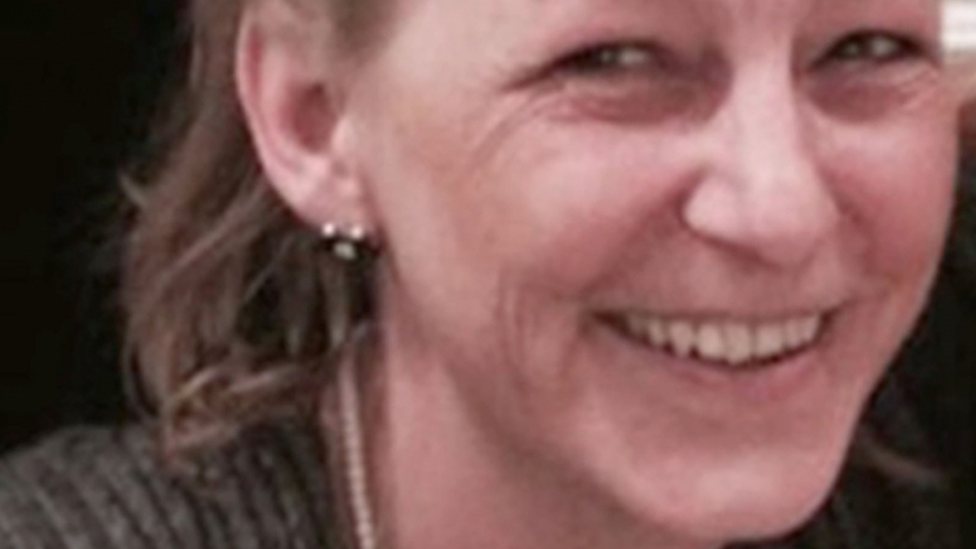
- Published9 June 2020
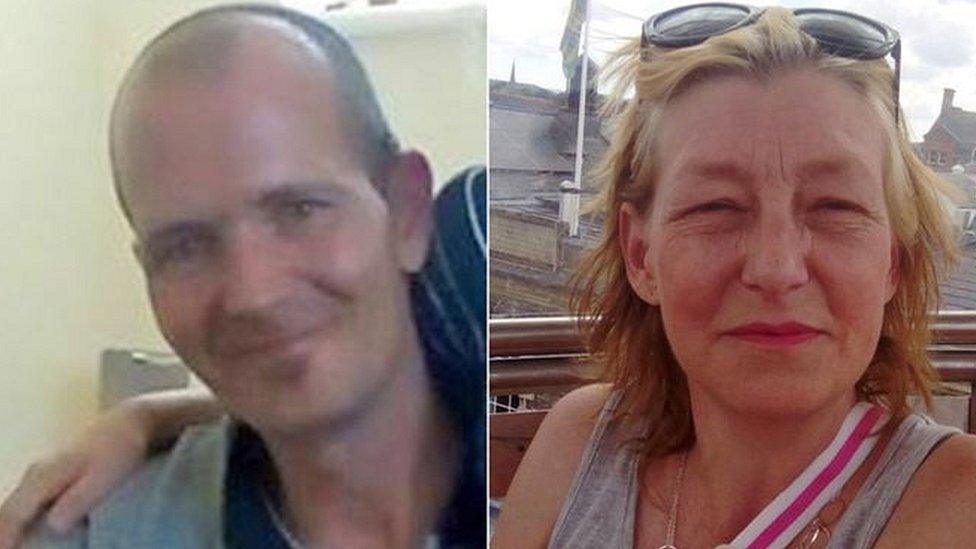
- Published12 December 2019
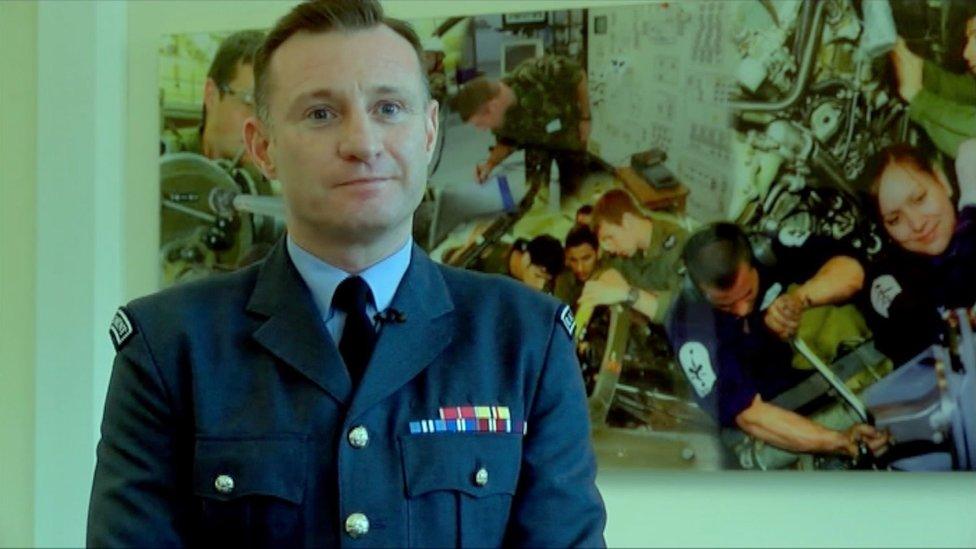
- Published5 December 2019
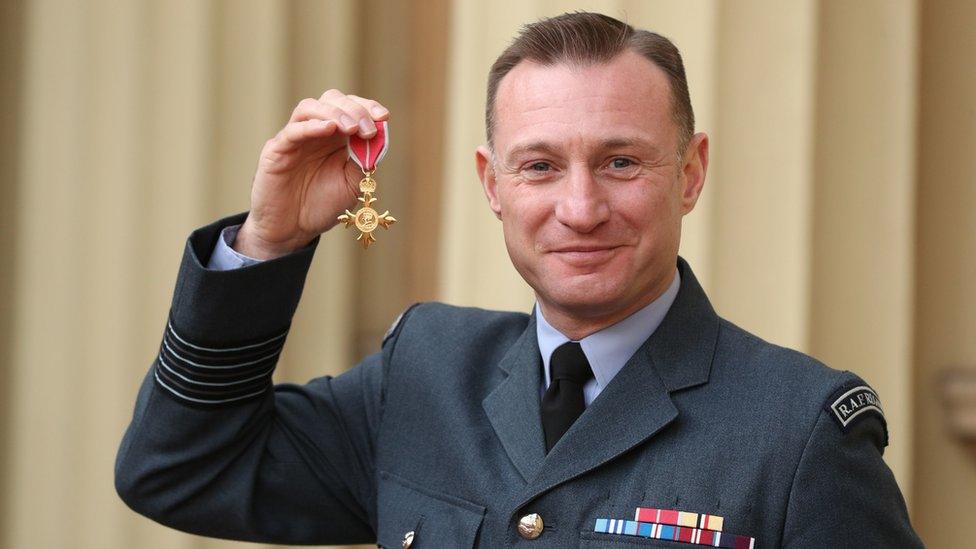
- Published30 July 2018
